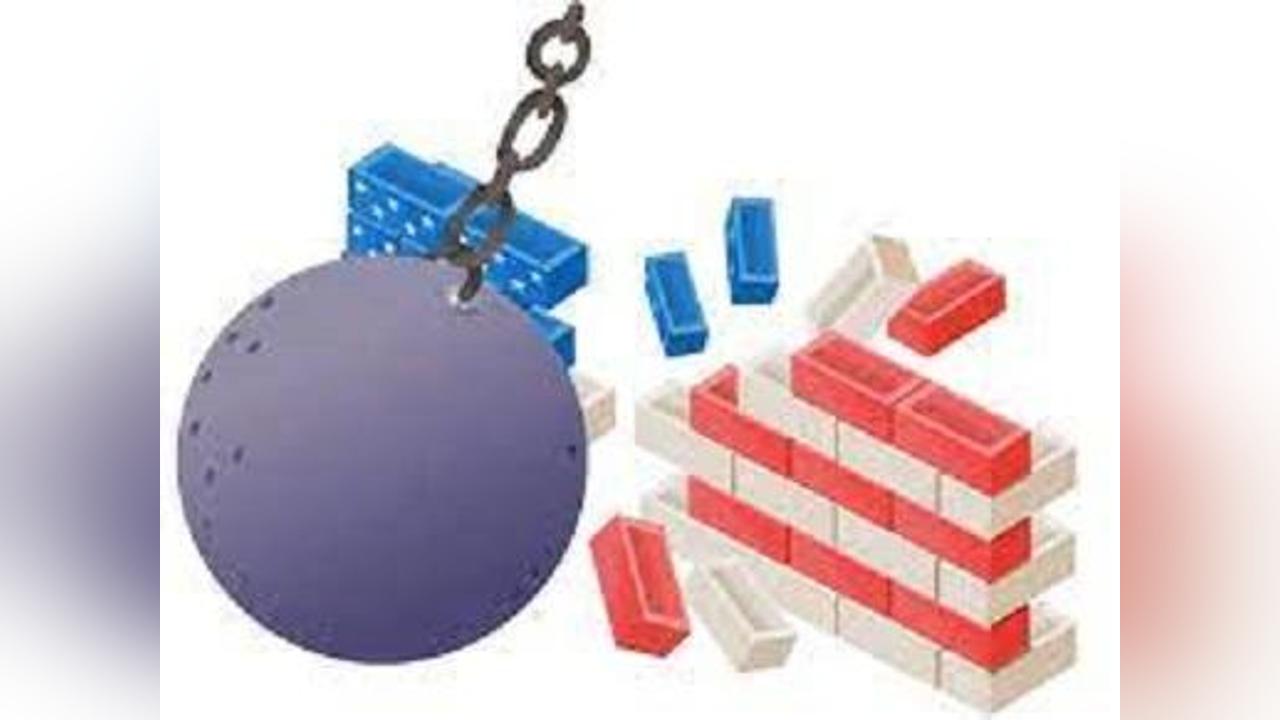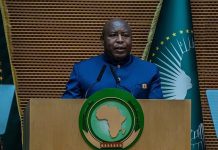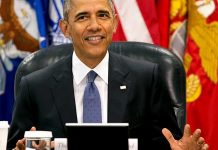Africa-Press – Mauritius. In the course of an interview accorded to this paper last week, Catherine Boudet has refreshingly highlighted the deeper reasons for the inefficient and deteriorating state of local politics.
Or the perpetuation of a flawed but impenetrable political system which favours “l’alternance au pouvoir de quelques familles politiques, suivant un mode oligarchique, (qui) contribute à la monopolisation des fonctions et des ressources étatiques”.
For those who have been asking why, despite alternating power shifts, c’est du pareil au même from one election to the other, she has identified the forces at play in the two principal opposed political camps which contribute to this stalemate.
The tactics employed to get to power are the same on both sides of the fence. In the main, it consists of making a public inventory of the numerous failings of the one who exercised power previously.
The implication is that the ones having identified the failings of the preceding government have thereby established a claim to better exercise power themselves. This pattern is recurrent and that’s why we don’t always get the best to run the country on grounds of intrinsic merit and worthy ideas.
The consequences are not different each time: the emergence of a plenipotentiary Prime Minister to whom everyone right from the President, the Vice President, the Speaker to everybody else in the immediate vicinity of power, owes his/her appointment.
There is no one strong enough to challenge or question the way this power is exercised by the plenipotentiary and not necessarily for the good of the country. Anyone who dares stand up against such abuse of power faces the risk of being thrown out or sidelined altogether.
We also agree with her view that voters have a share of responsibility in the perpetuation of this archaic system which thwarts any attempt to renew the political establishment for the better.
She makes a pertinent comment: “Les pratiques de clientélisme et de corruption sont devenues pratiquement incontournables parmi la caste politique pour l’entretien des réservoirs de votes.
Vote-bank voters see themselves not as exercising their citizen rights, she says, but more as future beneficiaries of jobs, food, bank loans at preferential rates from the wielders of power they choose to back in elections.
Such self-seeking vote-banks have kept swaying the decision at elections one way or the other back to square one – depending on where they most stand to privately gain.
Not many would disagree with Catherine Boudet on this point, as loyalty to high standards of personal conduct and commitment to an overriding ideal have become things of the past.
As a result of this fundamental perversion of the political system, the scope for improving political delivery for the benefit and advancement of the country as a whole has suffered over a long stretch of time.
It has proved equally impossible to overturn the system which fosters corruption and opaque financing of political parties along with the alternating of power between two opposed cliques.
Political parties that have sprung up, in opposition to the classic parties and their pre-electoral coalitions, have always hit against this impenetrable barrier of self-interested classic coalitions becoming empowered. No breakthrough has been made against it or is possible away from the classic players on the political scene, given how things stand at present.
This is, according to Catherine Boudet, the reason why governments do not seek to introduce a universal suffrage system for selecting who should be occupying the top positions both within parties and at the highest national level.
This is also why governments in power don’t come forward to introduce an alternative electoral system permitting the overhaul and renewal of the political class itself.
Nor do they extend the scope of anti-corruption provisions in the law or introduce legislation to bring under greater and more transparent control the financing of political parties. All these constraints are real.
They invite action to carry out the necessary reforms for picking up representatives at the top who are committed to the national cause, not seekers of their own personal advancement.
Obviously, if we shift to another system, we should be careful not to replace a failing system by another failing one that will keep being of no service to the country.
Meanwhile, the reality is that the prevailing political gridlock has narrowed down the scope for renewing the political class in the country’s best interests.
Representatives who have been thrown out of power for malpractices have kept being replaced by new incumbents from the old stock who emerge with identical malpractices during the next round in the exercise of power.
This repetitive and unproductive alternation of power has tended to make politicians endorse a short term vision, not always to the country’s long term advantage. Unless we free ourselves from this situation, we risk stagnating – and, that, for quite long – from “du pareil au même”.
For More News And Analysis About Mauritius Follow Africa-Press







